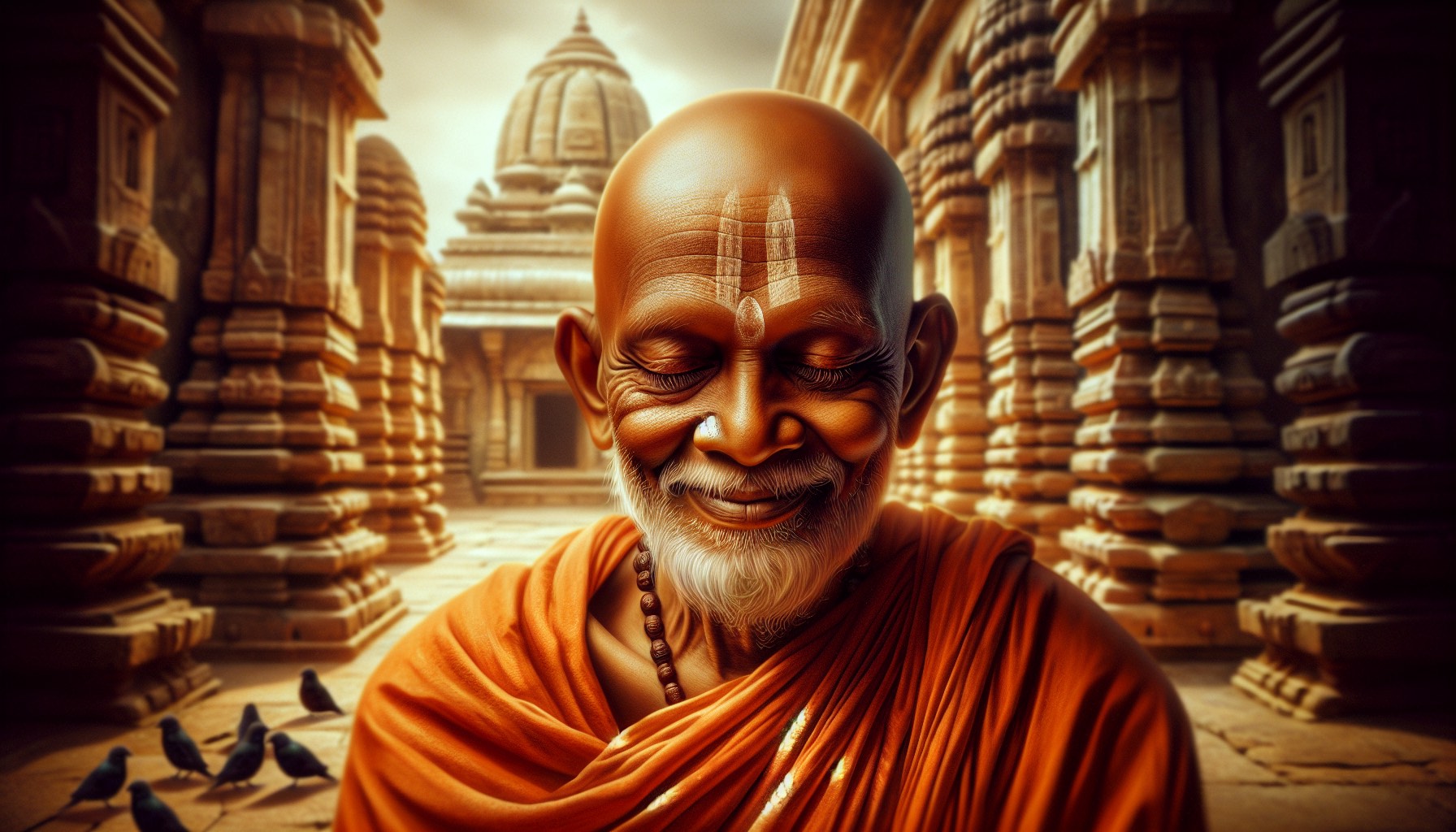BG 12.1 - 20
Arjuna asked:
Who has a greater knowledge of yoga - the one who worships you as a personified God, or those who worship you in your imperishable and unmanifested form?
[1]
Krishna replied:
Those who keep their mind fixed on me, who worship me with unwavering faith and concentration, are the highest practitioners of Yoga.
[2]Those who worship me as the imperishable, the incomprehensible, the omnipresent, the unthinkable, the primal, the immutable, and the eternal,
[3]having subdued all the senses, remaining equanimous at all times, and engaged in the welfare of all beings - they also attain me.
[4]
Those who fix their attention on the unmanifest encounter greater challenges, as it is difficult for those with a body to realize me as being without one. Those who dedicate their actions to me, hold me as their supreme goal, contemplate me and meditate upon me with devotion - to those whose mind is set on me, I rescue them from their drowning in the ocean of life and death.
Focus your mind on me alone, letting the intellect rest within me, and you will certainly dwell in me alone. If you are unable to fix your mind firmly on me, then seek to reach me through constant practice. If you are incapable of steady practice, then devote yourself to my service and perform all action for my sake - this is also a path to success. If you are not capable of this either, then seek refuge in my Yoga by renouncing the fruit of your actions with self-control. Knowledge of the self is superior to practice, and meditation is superior to knowledge. Renunciation of the fruit of actions is superior to meditation, and in such a path of renunciation, only peace can follow.

One who treats all beings with friendliness and compassion, is free from selfishness and pride, can look upon pleasure and pain with equanimity, is forgiving,
[13]ever content, steady in meditation, self-controlled, with firm convictions, whose mind and intellect are dedicated to me - such a devotee is most dear to me.
[14]
One who does not harm the world, and who the world is unable to harm, who is not carried away by impulses of joy, anger, or fear, is most beloved to me.
One who is free from desires, who is pure, skillful, impartial, courageous, and has renounced every undertaking - they are dear to me.
One who neither rejoices nor hates, neither grieves nor desires, to whom good and evil fortunes are the same - such a devotee is most dear to me.
One who gives equal treatment to friend and foe, honor and dishonor, cold and heat, pleasure and pain, and is free from all attachments - such a person who is indifferent to both praise and blame, who is silent and content with anything, who has no home, is firm of mind, and full of devotion - such a person is most dear to me. Those who practice this spiritual wisdom with unwavering faith and concentration are my most beloved.


